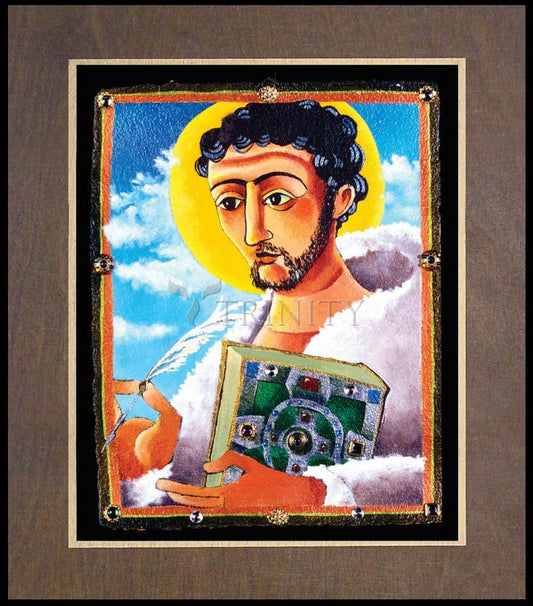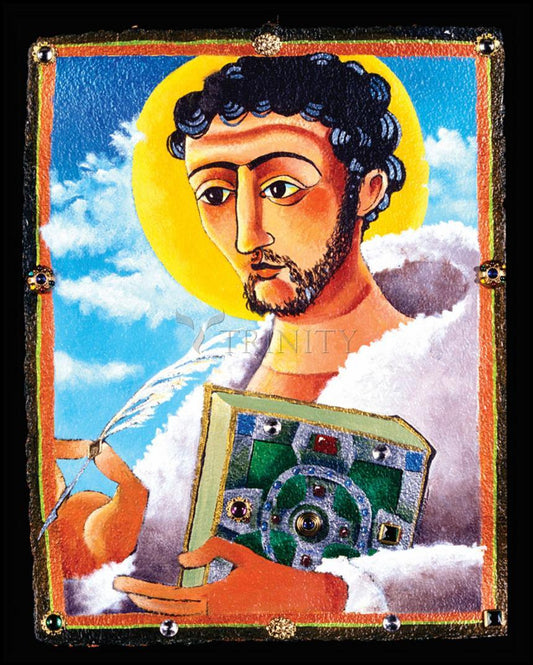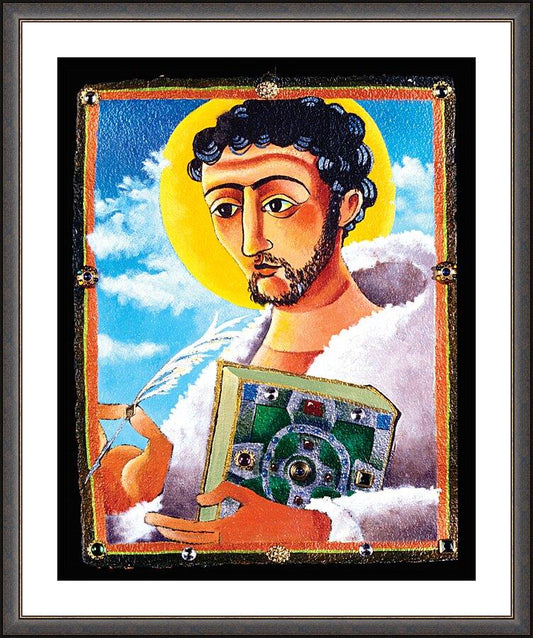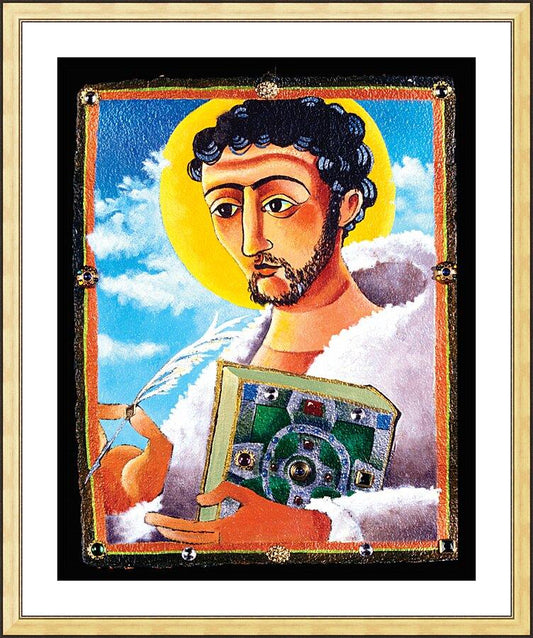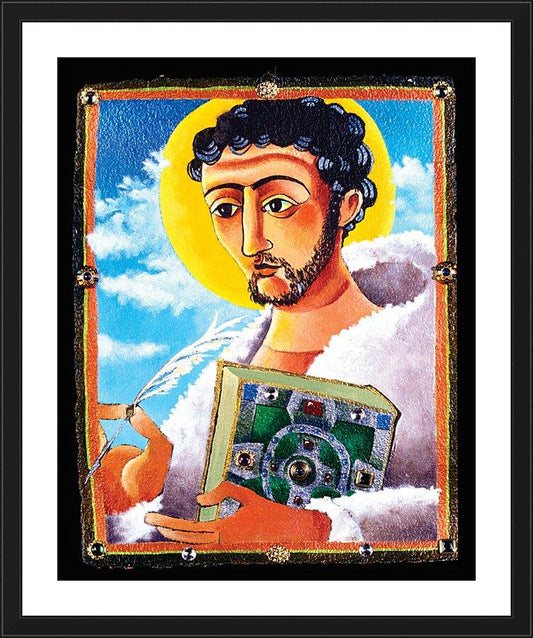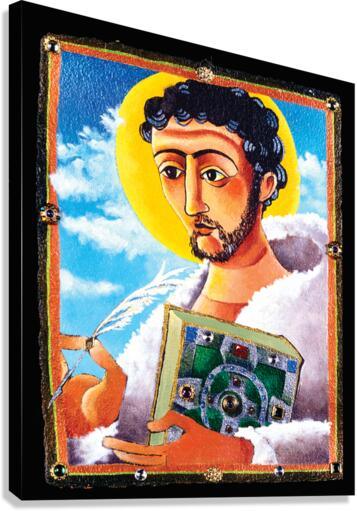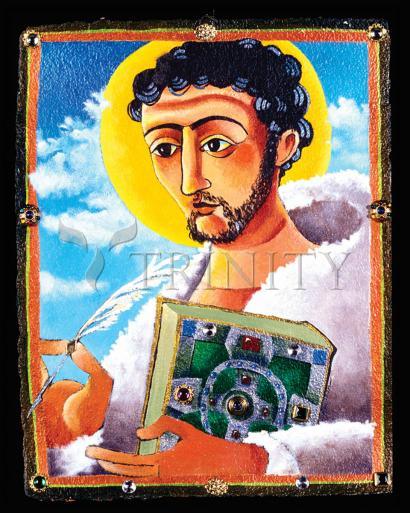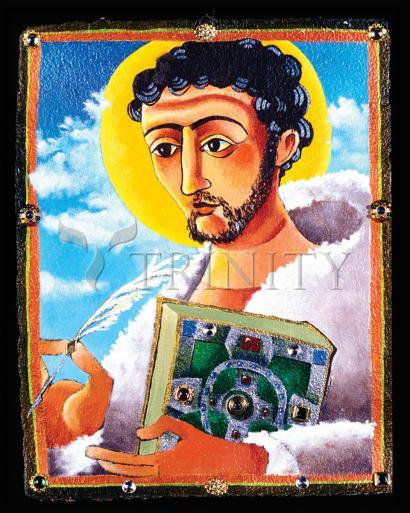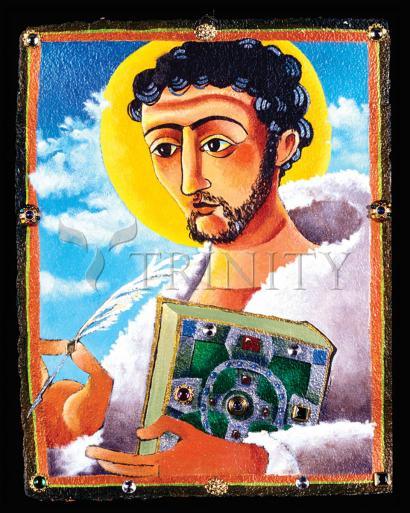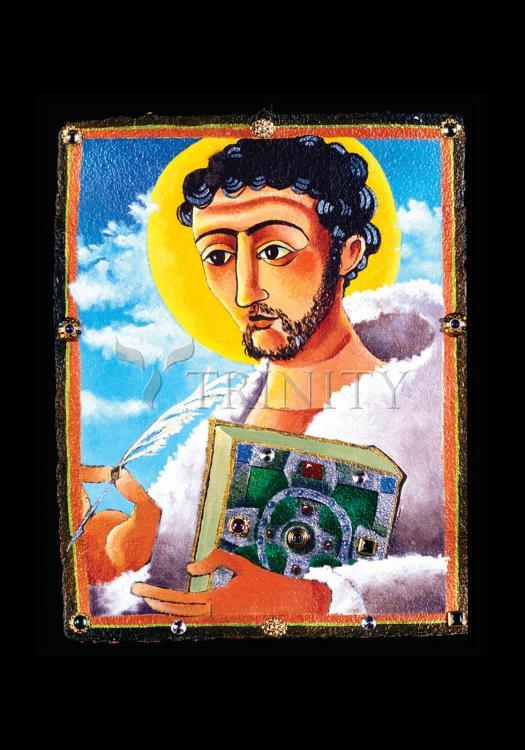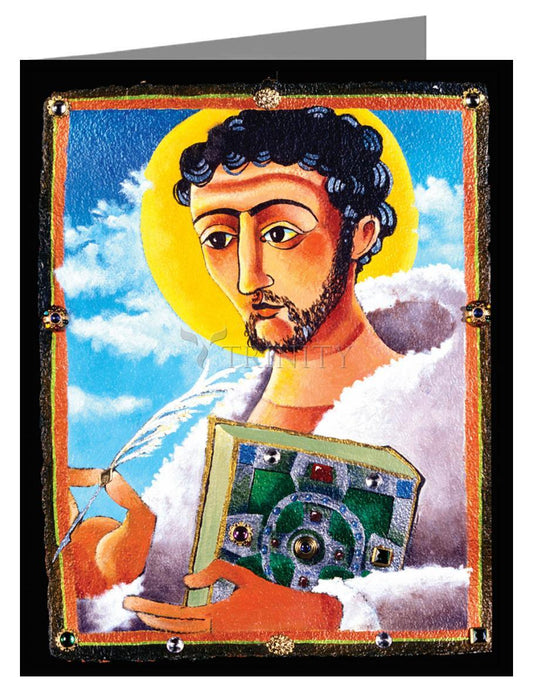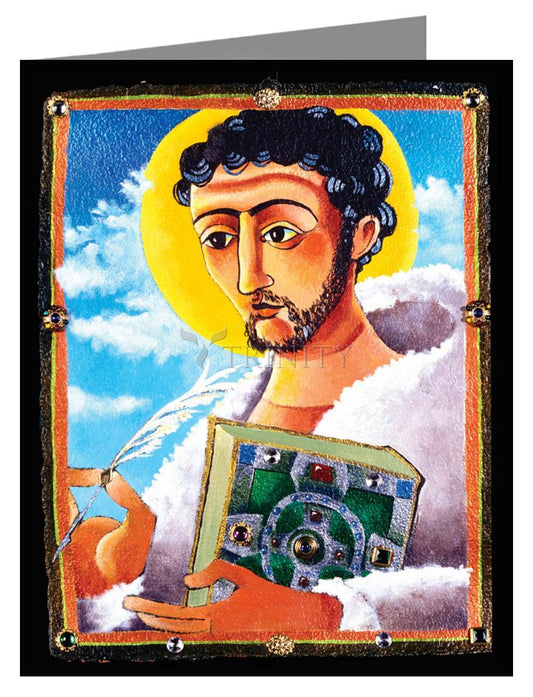At the convention of Druim Cett in 575, St. Columcille (also called St. Columba or Colum Cille or Colmcille) interceded to stop the banishment of the poets. The title "poet" in this case may refer to those who maintained the oral histories of the druids. As late as 1539, a treaty between Manus O'Donnell and O'Connor Sligo included satire by the poets and excommunication by the Church as punishments for breaking the treaty. More of the pre-christian oral histories may have been preserved in Ireland than in other parts of Europe. As some of the druids became Christian leaders, they decided that it was permitted to write down the oral history where before it had been forbidden. In "The Course of Irish History" by T. W. Moody and F. X. Martin, at the end of chapter 3, it is stated that this resulted in a preservation of literacy and learning by other than the Christian Clergy that was unique to Ireland during the dark ages.
A paper at the Royal Academy of Ireland suggests that Columcille was the author of the Annals of Ireland. Daniel P. McCarthy also points out that method of describing the dates in the early Annnals provides information that may be used for error correction and detection. Rhyme and meter in poetry may also have been used as a form of forward error correction. Columcille may have been one who decided that it was acceptable for Christians to write down the knowledge of the druids in books.
Born: December 7, 521 at Donegal, Ireland
Died: June 9, 597 at Iona, Scotland, and is buried there.
Also known as: Apostle of the Picts; Colmcille; Colum; Columbus; Columcille; Columba; Combs



